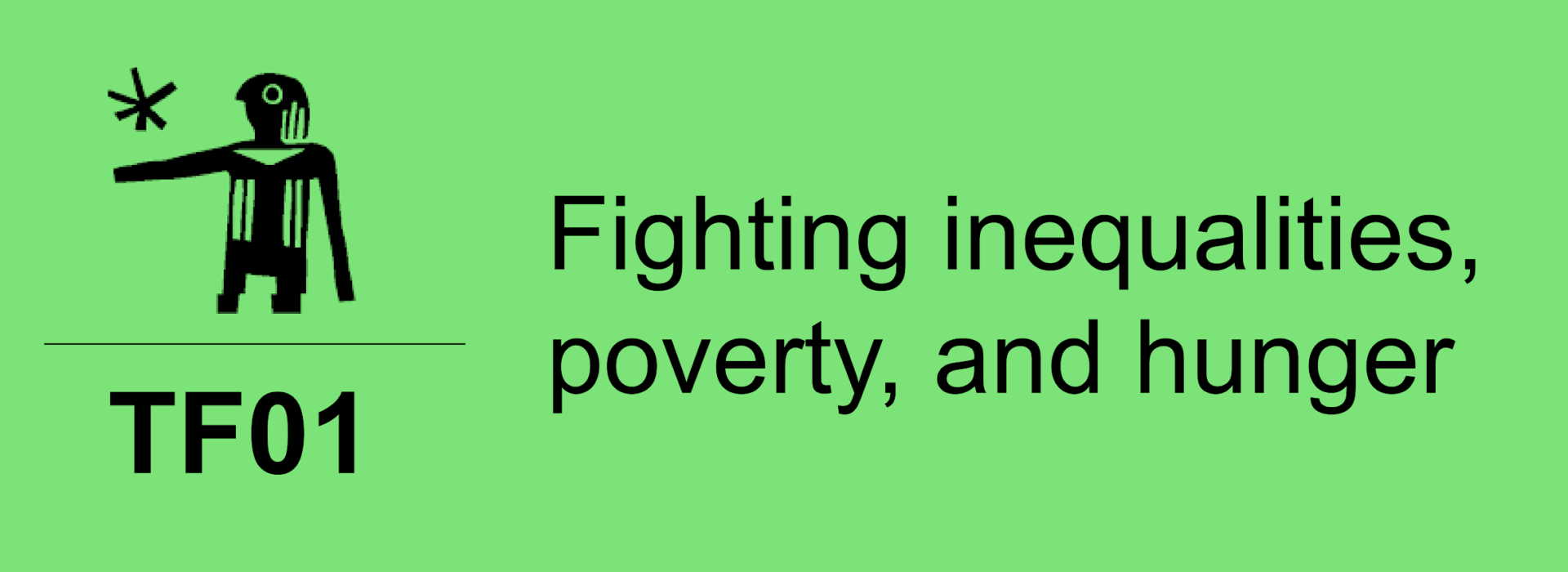The lack of agricultural biodiversity in farming systems threatens nutritional security for nearly 3 billion people in India and Africa. The homogenization of agricultural production systems, driven by intensification of agri-practices, specialization by breeders, and homogenizing effects of globalization, contributes to agrobiodiversity loss, limiting people’s access to diverse and nutrient-rich food and contributing to the malnutrition burden. In India and Africa, 224.3 million and 278 million people are undernourished. Ensuring the sustenance of agrobiodiversity is crucial for addressing the nutritional needs in India and Africa. In India, diversification within the soy-based cropping system has improved farm income and local availability of nutritious and affordable food. A campaign on dietary needs for children and women is improving the consumption of nutritious foods through sustained behavioral change. In Tanzania, rural communities have seen enhanced food and nutrition security as well as land productivity due to improved access to extension services and essential farm inputs, as well as integrated climate-resilient and sustainable farm practices. With evidence from the case studies, we call on the G20 to: 1. Invest in agroecological farming methods with farmers as key stakeholders, foster collaboration between states, NGOs, and local communities to implement such initiatives and integrate them into existing schemes 2. Promote integrated crop-livestock systems to enable smallholders access to diversified diets and income and enhanced soil fertility 3. Raise awareness about the importance of agrobiodiversity for nutrition and food security, integrate nutrition education into agri-extension services and outreach programs 4. Coordinate policy efforts across agricultural, environmental, and nutrition sectors to incentivize sustainable farming practices, conserve biodiversity, promote healthy diets
Register for Updates
Would you like to receive updates on the Global Solutions Initiative, upcoming events, G7 and G20-related developments and the future of multilateralism? Then subscribe here!
1 You hereby agree that the personal data provided may be used for the purpose of updates on the Global Solutions Initiative by the Global Solutions Initiative Foundation gemeinnützige GmbH. Your consent is revocable at any time (by e-mail to contact@global-solutions-initiative.org or to the contact data given in the imprint). The update is sent in accordance with the privacy policy and to advertise the Global Solutions Initiative’s own products and services.









